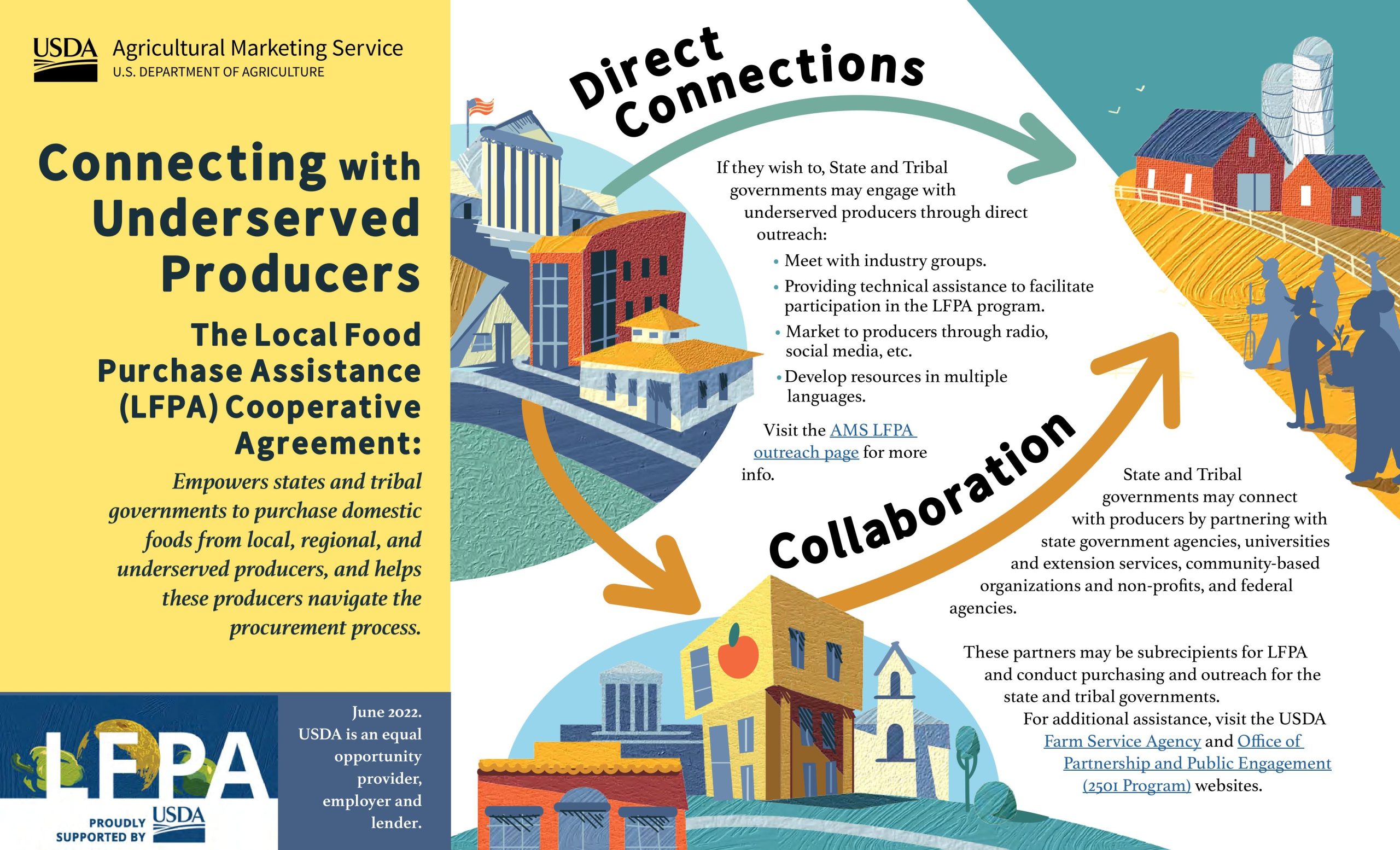Podcast: Play in new window | Download | Embed
Image: Map of the proposed mine site, submitted as part of Highland Copper’s air use permit application. (Courtesy Highland Copper Company Inc.)
A proposed copper mine in the Upper Peninsula is one step closer to getting $50 million in state funds.
IPR climate reporter Izzy Ross has the latest.
Funding for the project by the Canadian company Highland Copper was in front of the state House Appropriations Committee Wednesday.
Nichole Keway Biber (member of the Little Traverse Bay Bands of Odawa Indians) spoke at the hearing.
“This is a dangerous project to these places. We can’t ignore that. There’s a lot of work to be done of restoration. We can invest in repair and clean up. So vote no on this $50 million.”
There’s a lot of controversy around the mine – and close to 300,000 signatures on a petition opposing it.
The underground mine would be built near Lake Superior and the Porcupine Mountains Wilderness State Park.
Supporters, meanwhile, say it could boost flagging local economies and help meet demand for minerals necessary to build renewable energy technologies like windmills.
The House committee ultimately advanced the funding.
It still needs approval from a state Senate committee.

Artwork from “Nunaka”, an educational game for preschool age children. (Courtesy Chugachmiut)
A Sugt’stun language game is quickly gaining recognition since its release in July 2023.
KBBI’s Jamie Diep has more on the game’s development that teaches children around the world about Sugpiaq culture.
Developing educational technology skyrocketed during the COVID-19 pandemic.
That’s when Native nonprofit Chugachmiut, known in part for its education and health services to tribes on the Kenai Peninsula, began developing an app that teaches Sugt’stun language and school readiness skills for preschool age children.
The app named Nunaka, the Sugt’stun word for “my village”, came out last year and has been recognized for its advancements in educational technology and social impact.
Some notable awards include the Anthem Awards, EdTech Awards, GEE! Awards, and Serious Play Award.
Chugachmiut is a nonprofit that serves Eyak and Sugpiaq communities across the Kenai Peninsula, Prince William Sound, and the Copper River Delta, providing education, social services, health care, and more.
Chugachmiut Deputy Director Phyllis Wimberley says she came up with this idea more than a decade ago.
“I’ve been thinking about this game since 2012 and it was a matter of funding, getting the funding.”
She says she wanted a game that taught the language and skills to prepare children for school, like counting and fine motor skills.
The funding ended up coming from the federal government.
U.S. Department of Education and Chugachimiut began developing the game in 2021 with game development company FableVision.
The game takes place in a fictional Suqpiaq village.
Players control a customizable character and play minigames to complete tasks for their grandparents.
They create regalia, go fishing, and pick berries, all while learning Sugt’stun words.
Wimberley says game developers visited Nanwalek and Port Graham, two Sugpiaq villages at the mouth of Kachemak Bay.
“They met with our children, they met with the elders. They recorded elders speaking. It was really a wonderful experience for our game developers and for our elders and children as well.”
Children from the villages even got to test the game before its release.
Wimberley says it was a hit.
“The children would just, ‘ah’, I mean, you know, open their mouths. They were so thrilled with it, and they enjoyed playing it.”
Wimberley says she hopes to keep ramping up the nonprofit’s education department, with plans for a language symposium in February.
“Nunaka” is available for Apple and Android devices.
 The U.S. Department of Agriculture recently announced a $1.3 billion investment to support local and regional food systems, building upon the Department’s previous investments in the Local Food Purchase Assistance Cooperative Agreement and Local Food for School Programs.
The U.S. Department of Agriculture recently announced a $1.3 billion investment to support local and regional food systems, building upon the Department’s previous investments in the Local Food Purchase Assistance Cooperative Agreement and Local Food for School Programs.
This round of funding was announced in October, and will allow states, territories, and federally recognized Tribes to purchase wholesome, locally produced foods for distribution within their communities to emergency food providers, school, and child care centers.
Get National Native News delivered to your inbox daily. Sign up for our daily newsletter today.



